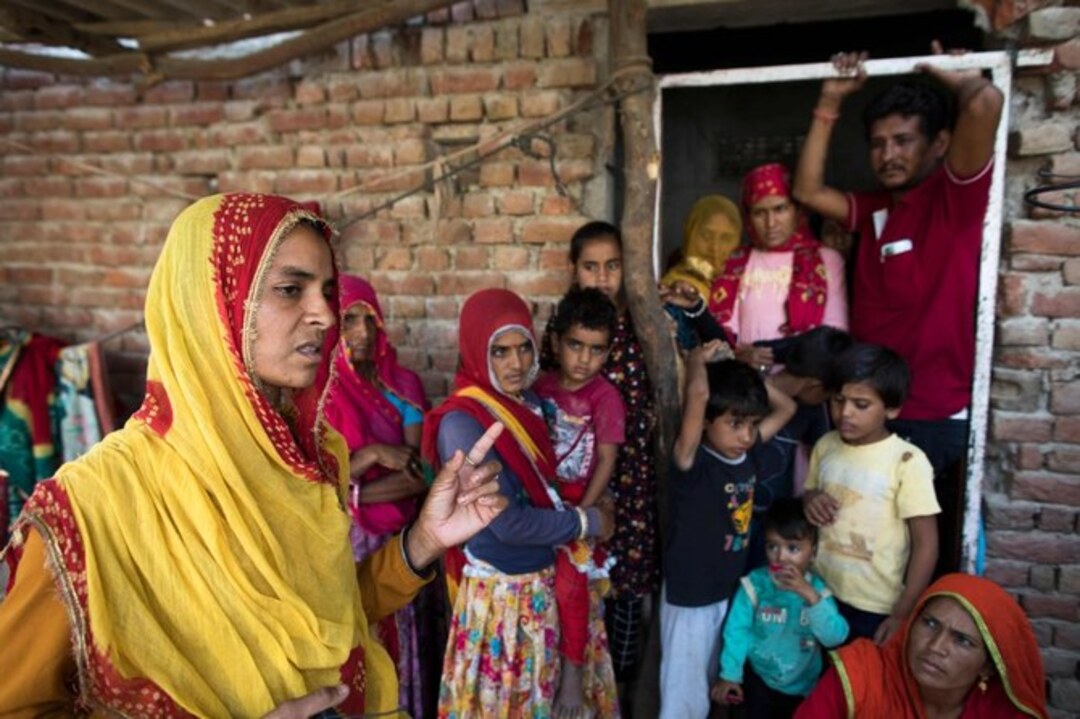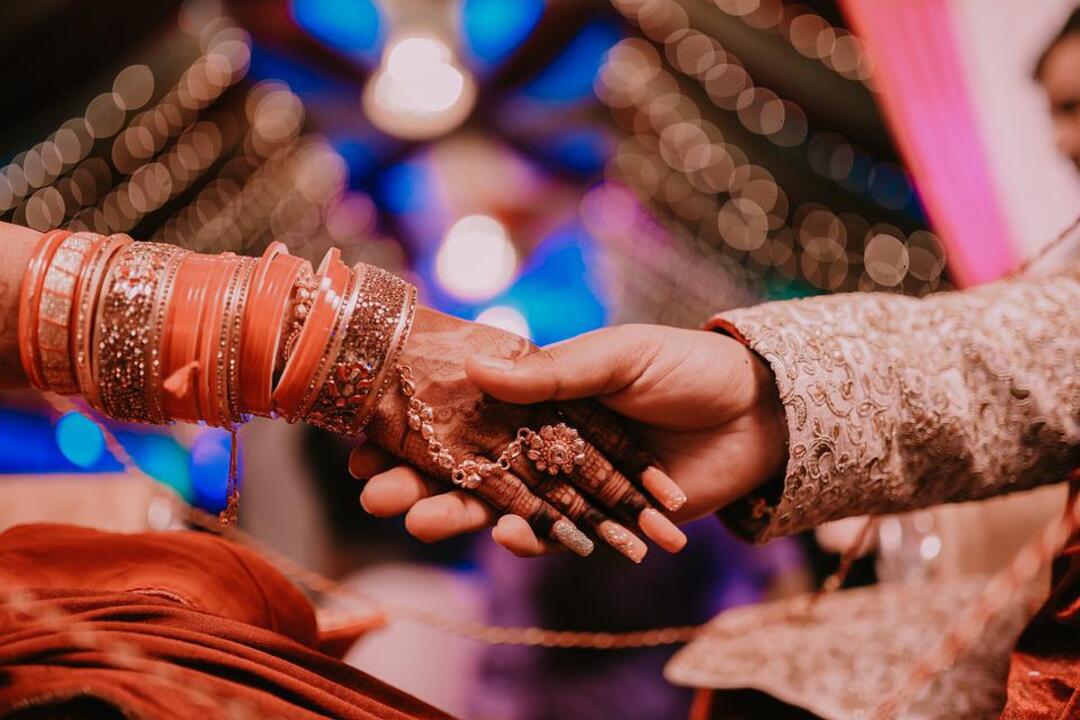-
Death of three sisters spotlights India's dowry violence

Three Indian sisters and their children were found dead in a well. Before their death, they left a letter blaming the family in which they were married.
Kalu, Kamlesh and Mamta Meena had wed brothers from the same household and lived under the same roof. They were victims of a dispute over dowries, the often hefty sums Indian parents pay to marry off their daughters.
According to the trio’s grieving relatives, they suffered constant violence from their husbands and in-laws.
They were abused constantly, they say, including when their father failed to meet demands for more money.
All three were found dead last month near their marital home, a village on the outskirts of Jaipur, along with Kalu’s four-year-old son and infant child. Both Kamlesh and Mamta were pregnant.

“We don’t wish to die but death is better than their abuse,” a cousin said, according to a message on WhatsApp left by one of the sisters after their disappearance.
“Our in-laws are the reason behind our deaths. We are dying together because it’s better than dying every day.”
A senior police officer in Jaipur said, authorities are investigating and currently treating the deaths as suicides.
Couple in India sue their only son and his wife for not giving them a grandchild
The sisters’ distraught father, Sardar Meena, said life had been a living hell for his daughters, whose husbands banned them from pursuing their education and constantly harassed them for more payments.
“We had already given them so many things, you can see them in their home,” he said, counting off the beds, television sets and refrigerator he provided to the family.
“I am the father of six girls, there is a limit to how much I can give,” added Sardar, who earns a meager income as a farmer. “I had educated them and just doing that was difficult.”
Viral video shows Indian women risking their life for water
Attempts to contact the men’s family were unsuccessful.
India outlawed the practice of paying dowries more than 60 years ago, and harassment or extortion over the payments is a criminal offense.
But the custom persists, particularly in rural areas, undergirded by social conventions that treat women as an economic burden and demand compensation for accepting them as brides.
levantnews-arabnews
You May Also Like
Popular Posts
Caricature
BENEFIT Sponsors BuildHer...
- April 23, 2025
BENEFIT, the Kingdom’s innovator and leading company in Fintech and electronic financial transactions service, has sponsored the BuildHer CityHack 2025 Hackathon, a two-day event spearheaded by the College of Engineering and Technology at the Royal University for Women (RUW).
Aimed at secondary school students, the event brought together a distinguished group of academic professionals and technology experts to mentor and inspire young participants.
More than 100 high school students from across the Kingdom of Bahrain took part in the hackathon, which featured an intensive programme of training workshops and hands-on sessions. These activities were tailored to enhance participants’ critical thinking, collaborative problem-solving, and team-building capabilities, while also encouraging the development of practical and sustainable solutions to contemporary challenges using modern technological tools.
BENEFIT’s Chief Executive Mr. Abdulwahed AlJanahi, commented: “Our support for this educational hackathon reflects our long-term strategic vision to nurture the talents of emerging national youth and empower the next generation of accomplished female leaders in technology. By fostering creativity and innovation, we aim to contribute meaningfully to Bahrain’s comprehensive development goals and align with the aspirations outlined in the Kingdom’s Vision 2030—an ambition in which BENEFIT plays a central role.”
Professor Riyadh Yousif Hamzah, President of the Royal University for Women, commented: “This initiative reflects our commitment to advancing women in STEM fields. We're cultivating a generation of creative, solution-driven female leaders who will drive national development. Our partnership with BENEFIT exemplifies the powerful synergy between academia and private sector in supporting educational innovation.”
Hanan Abdulla Hasan, Senior Manager, PR & Communication at BENEFIT, said: “We are honoured to collaborate with RUW in supporting this remarkable technology-focused event. It highlights our commitment to social responsibility, and our ongoing efforts to enhance the digital and innovation capabilities of young Bahraini women and foster their ability to harness technological tools in the service of a smarter, more sustainable future.”
For his part, Dr. Humam ElAgha, Acting Dean of the College of Engineering and Technology at the University, said: “BuildHer CityHack 2025 embodies our hands-on approach to education. By tackling real-world problems through creative thinking and sustainable solutions, we're preparing women to thrive in the knowledge economy – a cornerstone of the University's vision.”
opinion
Report
ads
Newsletter
Subscribe to our mailing list to get the new updates!






















